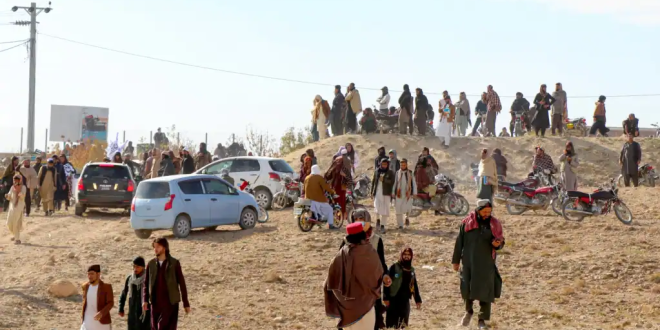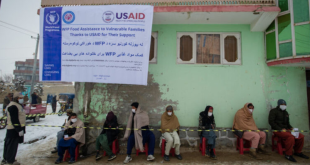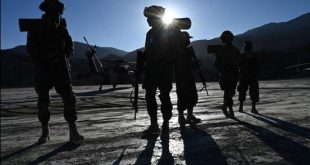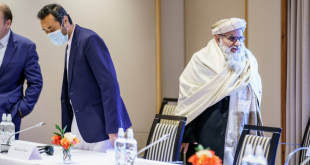KABUL – Afghanistan’s Taliban authorities publicly flogged six individuals on Tuesday after convicting them of offenses such as adultery, sodomy, and eloping, highlighting the group’s continued enforcement of harsh corporal punishments.
According to the Supreme Court of the Taliban administration, the punishments were carried out in southeastern Khost and northern Faryab provinces, with each individual receiving 39 lashes along with prison sentences of up to 18 months.
Since the beginning of February, at least 61 Afghans—including nine women—have been flogged in packed sports stadiums, attended by Taliban officials and ordinary citizens. Many of those punished have also been sentenced to prison terms ranging from several months to six years for crimes such as adultery, eloping, sodomy, and robbery, court records show.
The United Nations and human rights organizations have repeatedly condemned public floggings and executions in Afghanistan, calling them violations of international law. However, the Taliban have continued to impose corporal punishment, with hundreds of men and women subjected to public lashings and several executions carried out under the group’s strict interpretation of Islamic justice, known as qisas (retributive justice).
Last week, Taliban Supreme Leader Hibatullah Akhundzada defended his administration’s justice system, stating that all decrees he issues are based on Islamic teachings.
“The esteemed supreme leader stated that every decree he issues is based on consultation with scholars and derived from the Quran and Hadith [sayings of Islam’s Prophet Muhammad] and represents commands of Allah,” a Taliban spokesman said following a gathering in Kandahar.
Akhundzada, who governs from the southern city of Kandahar, has implemented a series of restrictive decrees based on his rigid interpretation of Islamic law. His government has imposed sweeping bans on female education, barred women from most forms of employment, and restricted their movement, prohibiting them from traveling without a male guardian or visiting public places such as parks, gyms, and beauty salons.
On Tuesday, the United Nations Assistance Mission in Afghanistan (UNAMA) reiterated on X that the restrictions on women “are causing long-term damage” to the war-torn nation.
Meanwhile, the International Criminal Court (ICC) last month announced that it was seeking arrest warrants for Akhundzada and the Taliban’s chief justice, accusing them of “crimes against humanity” for persecuting Afghan women and girls. The Taliban dismissed the move as “politically motivated and devoid of just legal basis.”
No country has recognized the Taliban as Afghanistan’s legitimate government, with their treatment of women remaining a major obstacle to international recognition.
 Afghanistan Times
Afghanistan Times




